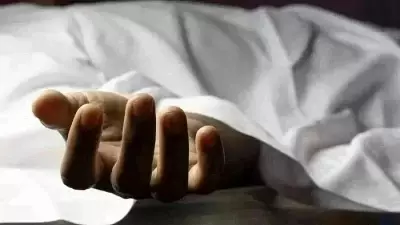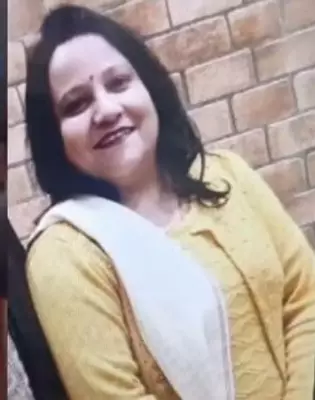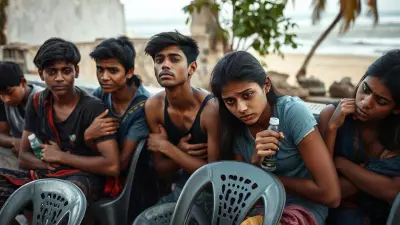
The Jharkhand High Court has expressed serious concern over multiple cases where children contracted HIV after receiving contaminated blood transfusions in government hospitals. During a hearing on Tuesday, the court learned that blood banks continue operating under a replacement donor policy despite previous judicial directives.
Court Confronts Blood Bank Practices
Atul Gera, secretary of the Ranchi unit of Life Savers, informed a division bench comprising Chief Justice Tarlok Singh Chauhan and Justice Rajesh Shankar that blood is provided to patients only when attendants donate an equivalent unit to replenish stocks. This revelation came during the hearing of a Public Interest Litigation (PIL) concerning contaminated blood transfusion cases.
Gera stated that despite court orders, no significant changes have occurred in blood bank procedures. "Whenever a unit of blood is required, a donor has to provide a unit to replenish the stock," he told the bench, highlighting the persistent practice that potentially compromises blood safety protocols.
Chaibasa HIV Contamination Case Details
The court's attention was drawn to a particularly distressing incident at Sadar Hospital in Chaibasa where five thalassemia patients contracted HIV after receiving blood transfusions. The children had received blood on different dates during August and September this year, only to be subsequently diagnosed as HIV positive.
Acting on the court's earlier direction, the state government has prepared a report investigating the Chaibasa case. The High Court had previously criticized the health secretary and government after newspapers reported the contaminated blood transfusion scandal.
Similar Incident in Ranchi Hospital
In a parallel case that underscores systemic failures, another child contracted HIV at Sadar Hospital in the capital city Ranchi during August this year. The child's father brought this matter to the Chief Justice's attention through a letter, which was subsequently converted into the current PIL.
The court had specifically ordered an inquiry into how infected blood was transfused without following proper blood transfusion protocols. This raises serious questions about the effectiveness of screening procedures in government healthcare facilities.
The state government, in its defense, informed the court that it regularly conducts blood donation camps at ground level to ensure availability of all blood groups for patients. However, this claim appears insufficient given the recurring safety lapses.
The case will be heard again on November 19, when the court is expected to review the government's report and consider further actions to prevent such medical tragedies.





